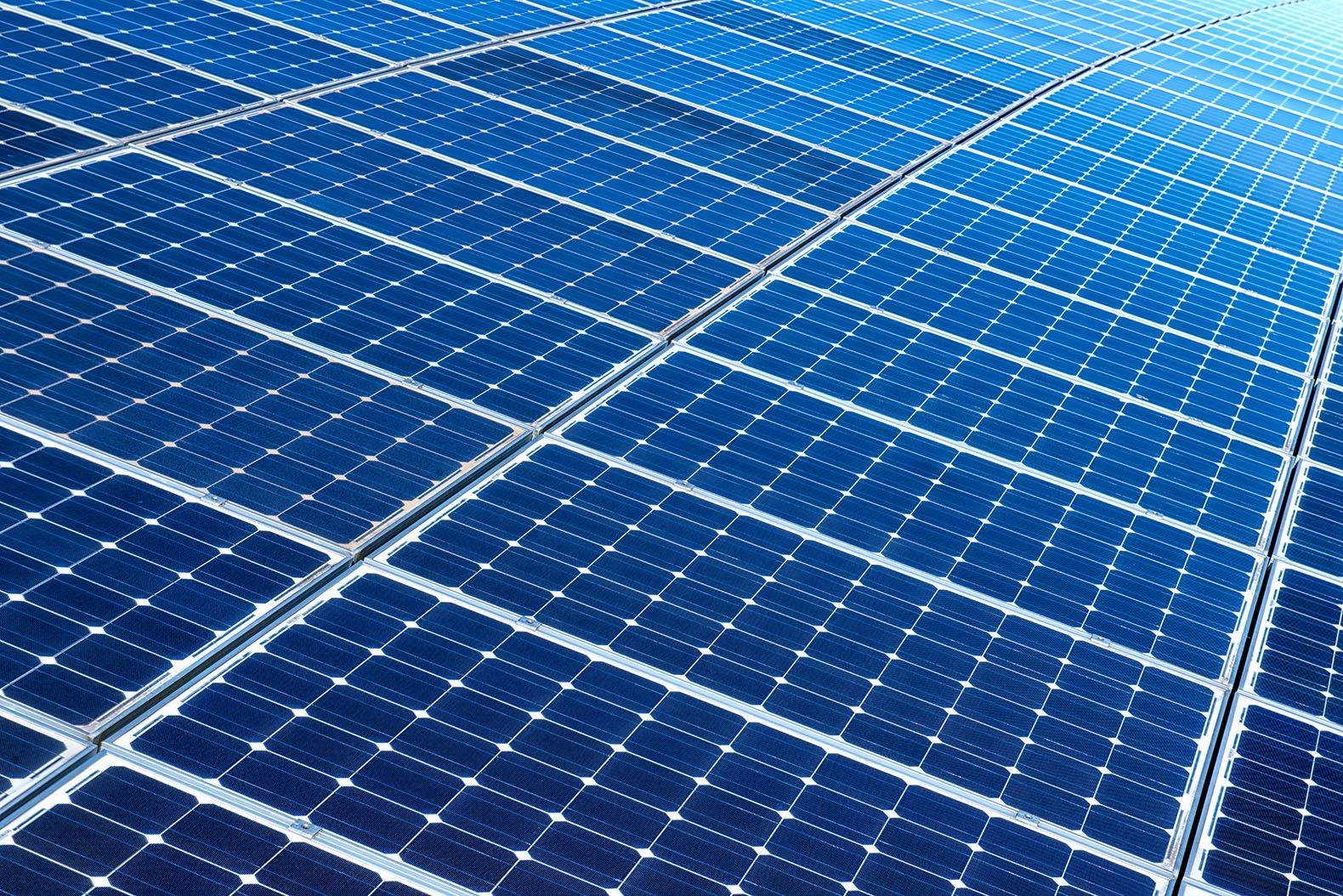Solar Company Avaada Secures USD 145 Mn To fund 2.4 GW of Solar In Africa

Avaada Energy, a subsidiary of Avaada Group, has secured massive funding from international development banks as it plans to grow and expand.
Avaada has announced that it raised USD 145 Mn in investment to fund a 2.4 GW of solar capacity it targets to develop in the next two years. The funding will be channeled to fuel its expansion in African solar power markets. It will also be used to finance projects currently under various stages of development as well as fund new projects.
The equity investment was made by the Asian Development Bank (ADB), German development finance institution DEG and Netherlands development finance company FMO, as well as other undisclosed backers.
Avaada Group chairman Vineet Mittal said: “I am thankful and appreciate the repeat investments by [the] ADB and DEG in our renewable energy ventures. Investments by these global financial stalwarts re-validates our impeccable execution track record [of] high-performing assets generating maximum returns for all our stakeholders.”
This investments comes a month after the company secured USD 50 Mn direct investment from Asian Development Bank to expand its operations. Avaada received the investment through the Private Infrastructure Fund (LEAP) and a financing mechanism managed by the Japan International Cooperation Agency (JICA).
“The investments of these financial institutions confirm our impeccable track record in asset execution, generating significant returns for all stakeholders,” said Vineet Mittal, President of the Avaada Group.
A year ago, the company signed a Memorandum of Understanding(MOU) for feasibility studies for the construction of several solar power plants with a total capacity of 225 MW in Guinea. So far, several sites have been selected for this solar power plant project. These are Boke (15 MW), Labe (60 MW), Mamou (10 MW), Dabola (10 MW), Pita (10 MW), Sougueta (85 MW), Kankan (20 MW), Siguiri (10 MW) and Mandiana (5 MW). These infrastructures should be built and operated through public-private partnerships (PPPs).
Featured Image Courtesy: Incore